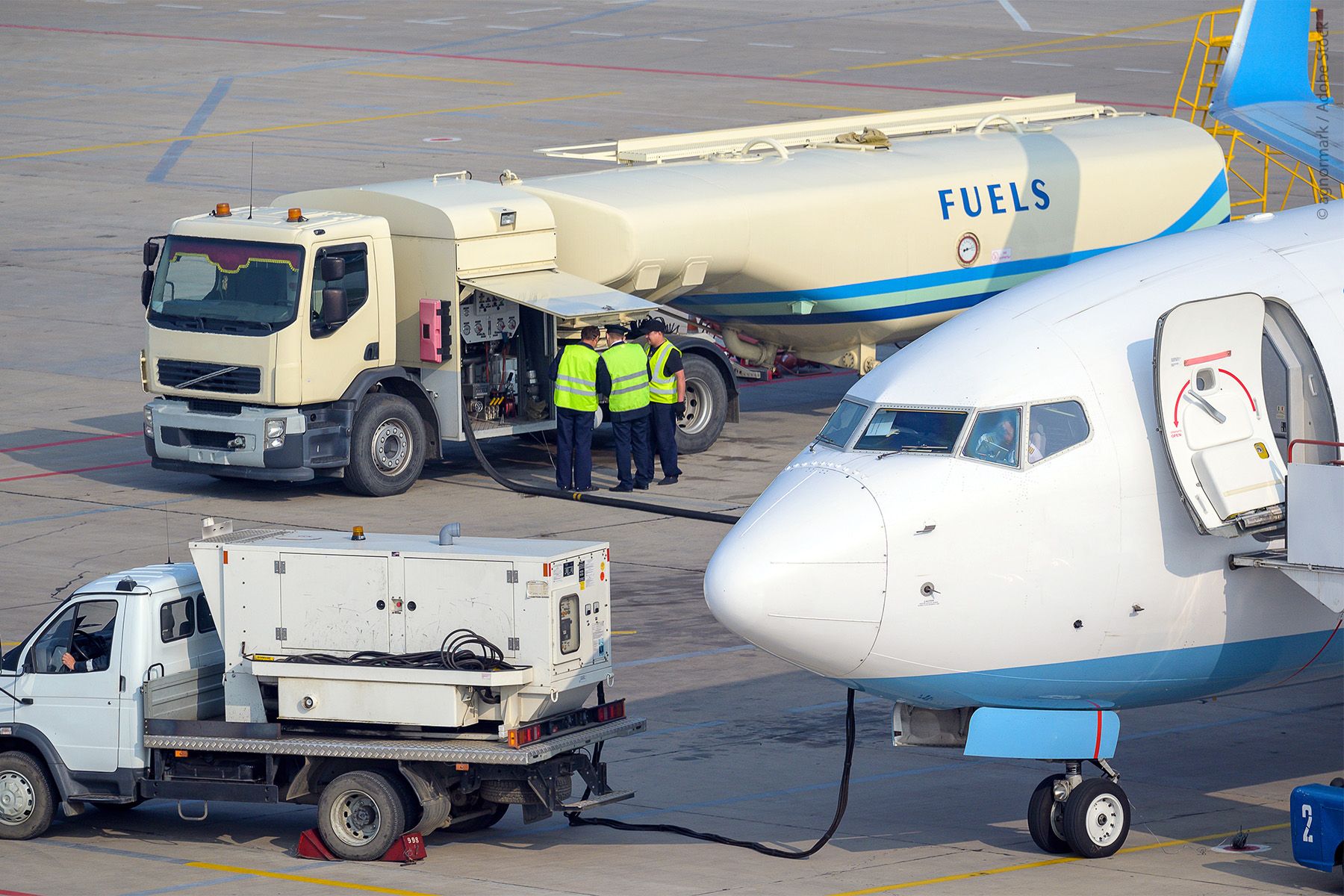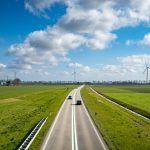Used cooking oil, synthetic fuel or even hydrogen should gradually become the norm as aviation fuel to help EU become climate neutral by 2050, said MEPs on Thursday.
Parliament adopted its position on new draft EU rules to increase the uptake of sustainable fuels by EU planes and airports, in order to cut emissions from aviation and ensure Europe becomes climate neutral by 2050.
Accelerated introduction of sustainable fuels
MEPs increased the Commission’s original proposal for the minimum share of a sustainable aviation fuel that should be made available at EU airports. From 2025, this share should be 2%, increasing to 37% in 2040 and 85% by 2050, taking into account the potential of electricity and hydrogen in the overall fuel mix (Commission proposed 32% for 2040 and 63% for 2050).
More types of sustainable fuel, including electricity and hydrogen
Parliament amended the proposed definition of sustainable aviation fuel, a term that covers synthetic fuels or certain biofuels, produced from agricultural or forestry residues, algae, bio-waste or used cooking oil.
MEPs included under their definition recycled carbon fuels produced from waste processing gas, and exhaust gas deriving from production process in industrial installations. They also suggested some biofuels, produced from animal fats or distillates, could be included in the aviation fuel mix for a limited time (until 2034). However, MEPs excluded feed and food crop-based fuels, and those derived from palm oil, soy-derived materials and soap stock, because they do not align with the proposed sustainability criteria.

Cutting emissions from planes and ships: EU actions explained |
MEPs also included renewable electricity and hydrogen as part of a sustainable fuel mix, as both are promising technologies that could progressively contribute to the decarbonisation of air transport. According to the draft rules, EU airports should facilitate the access of aircraft operators to sustainable aviation fuels, including with infrastructure for hydrogen refuelling and electric recharging.
New fund and green labelling
Parliament proposed the creation of a Sustainable Aviation Fund from 2023 to 2050 to accelerate the decarbonisation of the aviation sector and support investment in sustainable aviation fuels, innovative aircraft propulsion technologies, and research for new engines. The Fund would be supplemented by penalties generated by the enforcement of these rules.
In order to further promote the decarbonisation of the aviation sector and to inform the public about greener aviation, MEPs tasked the Commission with developing by 2024 an EU labelling system on the environmental performance of aircrafts, operators and commercial flights.
Quote
EP rapporteur Søren Gade (Renew, DK) said: “Aviation is one of the hardest sectors to decarbonise. Today we showed how to do this and sent a strong and ambitious signal to the citizens of Europe. We heard you when you called for climate action, and we are working as much as we can to achieve a truly green Europe.”







Leave a Reply